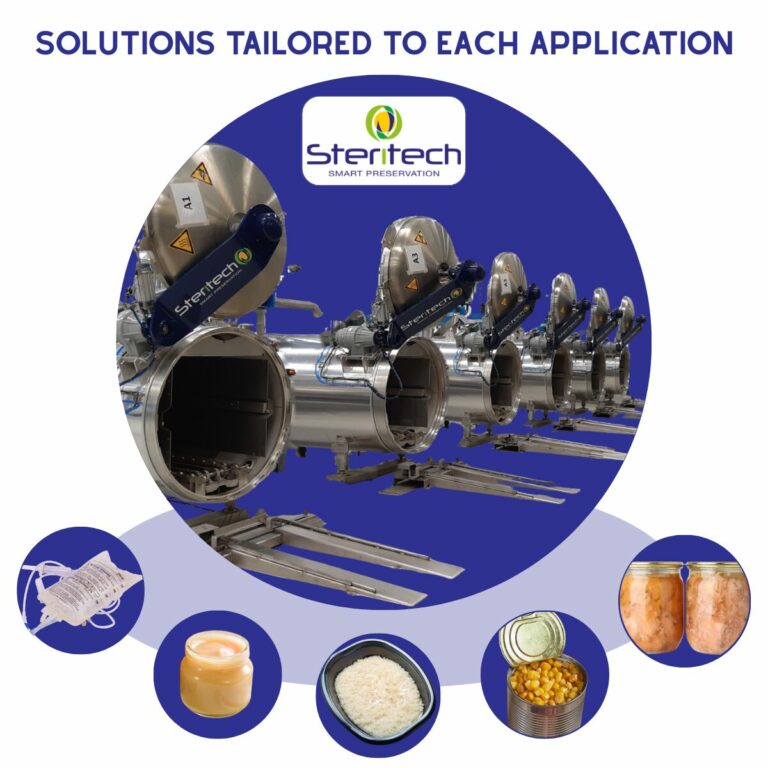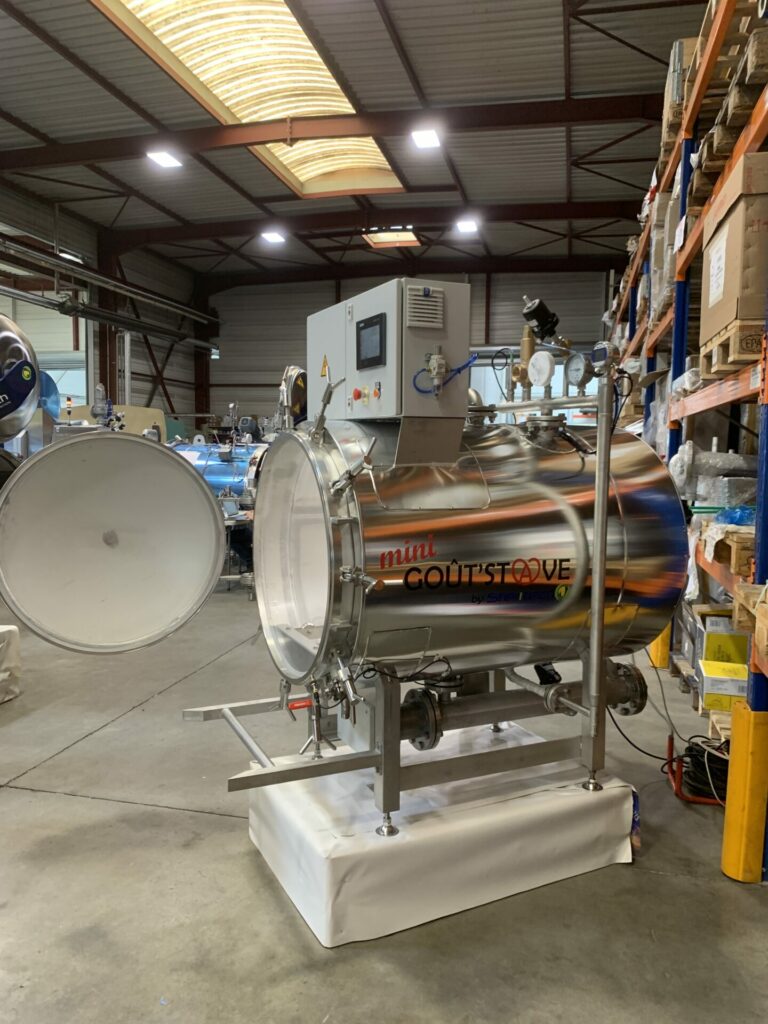
hygiene and control of the activity
Do you want to develop your own cannery recipes to use the food you produce? If you’ve always dreamed of doing this, you should know that the market of artisanal cannery is growing rapidly.
The creation of this type of business involves some constraints. Indeed, the implementation of certain standards is essential in
The declaration of the activity of artisanal cannery
Would you like to find out everything you need to know about setting up an artisan canning factory? This first requires a declaration of commercial catering activity. This declaration is made to the veterinary services of the DDPP (Departmental Directorate for Population Protection) in your department. This body is part of the DGCCRF (Directorate-General for Competition, Consumer Affairs and Fraud Control).
In France, the application for sanitary approval is made via a CERFA form for companies using food of animal origin. In order to obtain this approval, the procedure must be started before any work is done. The application for approval must contain, among other things, the plans of the future premises (laboratory and workshop). In order to obtain this approval, the procedure must be implemented before any work commences. The application for approval must include, among other things, plans of the future premises (laboratory and workshop).
Note that there is no equivalent CERFA for vegetable processing of fruit and vegetable type foods.
Regulations on the premises of the production company
The creation of your own range of artisanal cans requires the use of a production workshop or a laboratory. The workshop or laboratory must respect the hygiene measures related to food.
The list of equipment required in the cannery is not mandatory. It must contain at least the autoclave, the products to be processed, the containers, and the labels.
The regulation of the spaces where canned food is manufactured
Your laboratory will have to respect many criteria:
- Each room, of reasonable size, will be dedicated to an activity according to the manufacturing steps.
- A direction of transformation of the products will be defined between the rooms, without possible return: principle of the forward march.
- The laboratory must contain devices of ventilation and fight against the insects and harmful. It must be equipped with washable surfaces, automatic hand washers and respect the cold chain.
Training in sterilization and pasteurization techniques
Any activity using a retort requires mandatory training. It is the order of November 20, 2017 that sets the rules on the monitoring in service of a pressurized equipment.
The training allows to master the heat treatment process by retort, in complete safety. The CTCPA (Technical Center for the Conservation of Agricultural Products) offers appropriate training.
The practical courses given in this training address all types of retorts. They describe the thermal process of pasteurization and sterilization. The operation of the retort for food processing is described for all stages.
- Loading of foodstuffs.
- Temperature rise and temperature stabilization stage.
- Lowering the temperature for rapid cooling.
The layout of the laboratory and the canning area
The regulations provide for the creation of several spaces. Each space has a single function :
- storage of foodstuffs ;
- processing of products ;
- sterilization by retort ;
- a “washing-up” area ;
- control and storage of canned goods for sale.
Think carefully about the direction of circulation of the food products so that they cannot be turned back.
Sanitary regulations of the cannery
The HACCP training requirements are recalled in the regulation 852/2004 (chapter XII). Contrary to what one might imagine, training in food hygiene is not mandatory. What is mandatory is to have the associated knowledge. The HACCP training, which lasts 14 hours, is therefore highly recommended. There are many training courses available for canners, or example the CTCPA courses.
Labelling standards for food products
As a manager of an artisanal cannery, you will need to be aware of the traceability documentation requirements for food products. Beyond the choice of recipes, the labeling of your artisanal product is subject to European standards. It is the EU regulation n° 1969/2011 that applies concerning the labeling of prepackaged products.
In addition, there are other obligations, relating to the organic certification of fruit and vegetables. Two European regulations are concerned :
- EC n° 834/2007 modified by the Council of 28/06/2007, on organic production and labelling of organic products ;
- EC n° 889/2008 of the Commission of 05/09/2008 (which completes the previous one), on organic production, food control and labelling of organic products.
If the regulations imposed by the creation of a company have convinced you of the merits of your project, go for it! Steritech offers you its services for any question about sterilization and pasteurization techniques.
Find out more about our small autoclave for artisan food preservation. It is likely to meet many of the expectations of your project.
Other STERITECH news


Happy New Year 2026

